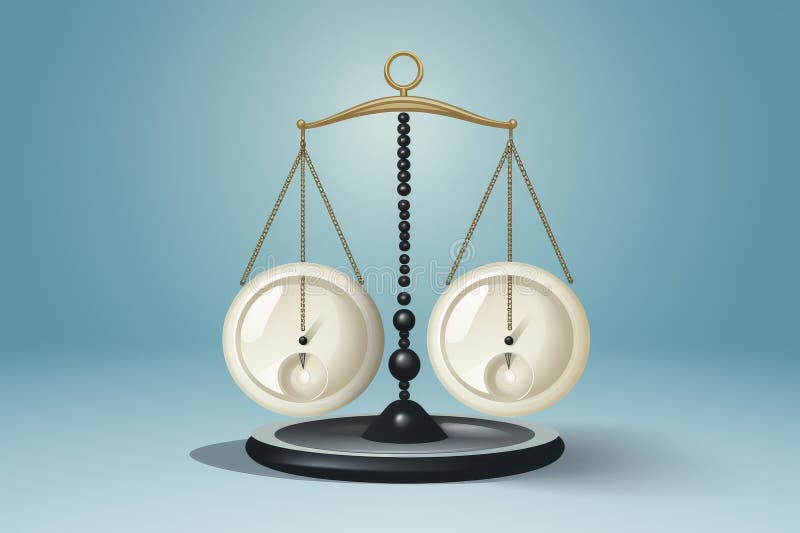Balancing Work and Personal Life: Finding Harmony in a Busy World
Work plays a crucial role in our lives. It provides not only financial stability but also a sense of purpose and identity. However, it is essential to recognize that work should not be the sole focus of our existence. In today’s fast-paced society, where demands from both professional and personal spheres often collide, maintaining a healthy balance between these two aspects becomes increasingly challenging.
Without adequate time for rest, social connections, and self-reflection, even the most fulfilling job can lead to burnout and dissatisfaction. The pressure to constantly perform and meet deadlines can take a toll on mental and physical health. Therefore, finding ways to separate work from personal life is vital for overall well-being.
Understanding the Importance of Boundaries
One of the key steps in achieving this balance is setting clear boundaries. This involves defining specific times when you are available for work and times when you are completely off-limits. For instance, turning off work emails after hours or designating a particular area of your home as a workspace can help create a psychological separation between professional and personal life.
Additionally, learning to say “no” to excessive workloads can prevent overcommitment. It is important to assess what tasks are truly necessary and which ones can be delegated or postponed. Prioritizing tasks based on urgency and importance helps manage time more effectively, ensuring that both work and personal responsibilities receive the attention they deserve.
Strategies for Effective Time Management
Time management is another critical component in balancing work and personal life. Techniques such as the Eisenhower Matrix can be useful in categorizing tasks into four quadrants: urgent and important, important but not urgent, urgent but not important, and neither urgent nor important. This approach allows individuals to focus on what truly matters while minimizing distractions.
Moreover, incorporating regular breaks into your schedule can enhance productivity and reduce stress. Short pauses throughout the day can help maintain focus and prevent fatigue. Engaging in activities such as exercise, meditation, or hobbies during these breaks can also contribute to a more balanced lifestyle.
The Role of Communication
Open communication with colleagues, supervisors, and family members is essential in managing expectations and maintaining a healthy work-life balance. Discussing workload concerns with your employer can lead to more realistic expectations and potentially flexible working arrangements. Similarly, communicating with family about your availability and commitments can foster understanding and support.
In addition, utilizing technology wisely can aid in maintaining this balance. Tools such as calendar apps, task managers, and project management software can help organize tasks and track progress. However, it is important to use these tools without letting them consume all your free time.
Embracing Self-Care
Self-care should never be overlooked in the pursuit of a balanced life. Taking care of one’s physical and mental health is crucial for long-term success. This includes getting enough sleep, eating nutritious meals, and engaging in regular physical activity. Additionally, seeking support from friends, family, or professionals when needed can provide valuable perspective and relief.
Ultimately, finding the right balance between work and personal life is a continuous process that requires self-awareness, flexibility, and intentional effort. By implementing strategies such as setting boundaries, effective time management, open communication, and prioritizing self-care, individuals can create a more harmonious and fulfilling life.







